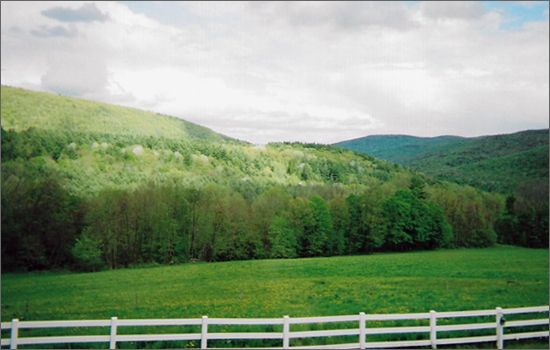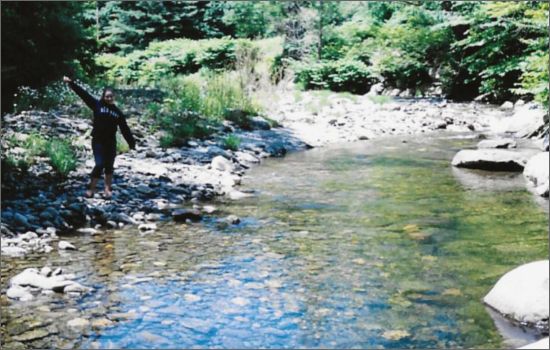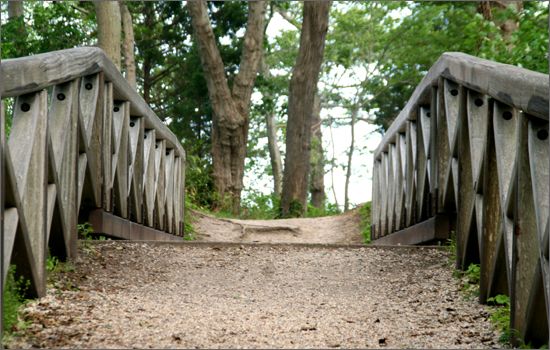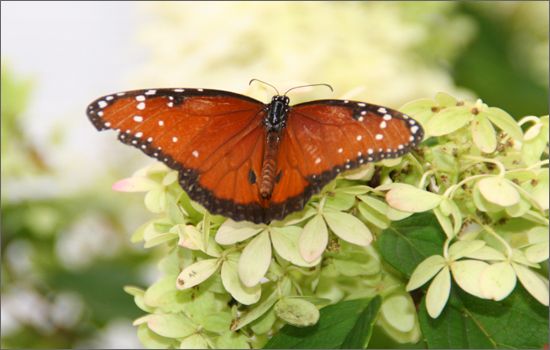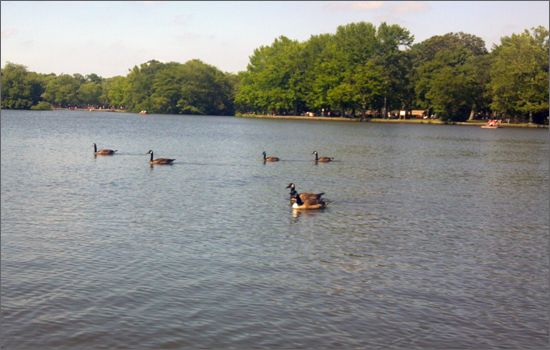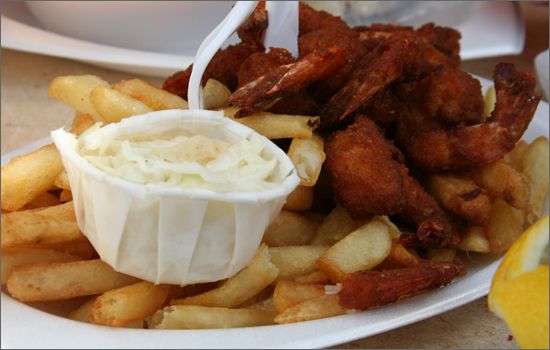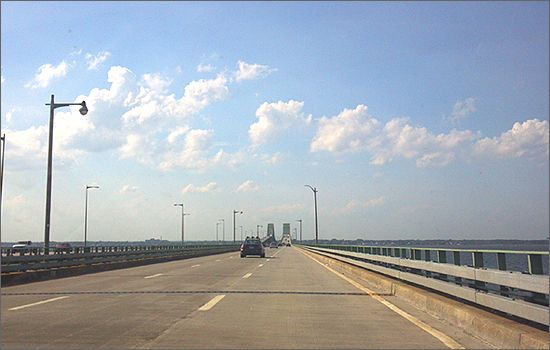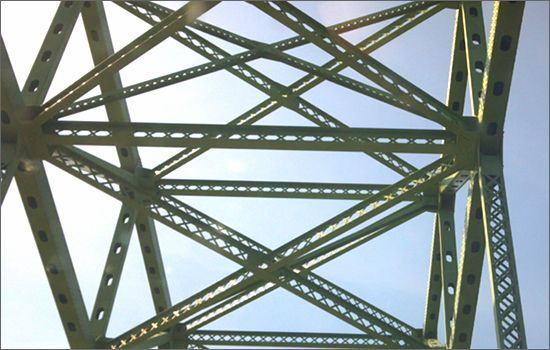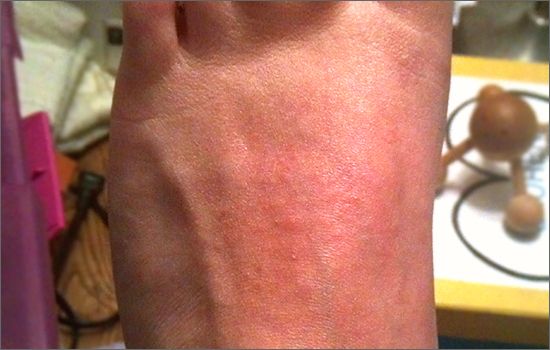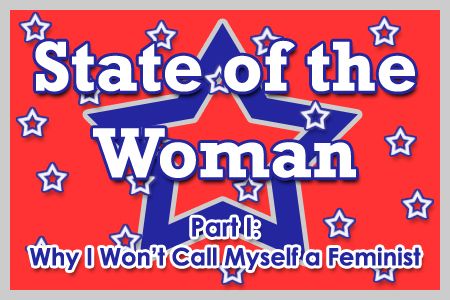It's that time of year again. No, not the holidays - finals season! I had my first final today; I have four more and a paper to write before I'm done for the semester. I'm scheduled to be down with everything at 3PM on December 16th, but it's going to be a crazy couple of weeks.
Originally, this post was going to be a short note to let everyone know that I'll probably be M.I.A. until my semester's over, but I had been thinking a lot lately about how I haven't really posted much about Ehlers-Danlos Syndrome and its effects on me yet. I'd really like to help educate people about EDS and the impact it can have on a person's life, because most people haven't even heard of it, nevermind understand how drastically it can affect someone's life. So, today, before I'm away for a couple of weeks, I'd like to talk a little bit about how my Ehlers-Danlos Syndrome affects me, specifically during finals.
Finals are pretty much hell for everyone. There's a lot of studying to be done, a lot of stressing out about things you didn't learn during the semester, and the fact that you have to attempt to prove to a professor in a few hours that you know everything he or she taught you during the course. It's not fun.
For me, finals have become a sort of special hell. There are no epic complications that occur because of my EDS, but there are enough little annoying things that happen that serve to make the experience all the more stressful
because I have a connective tissue disorder.
So, what's the first problem? Testing rooms. At my law school, there are a number of classrooms that slope downwards; you enter the classroom in the back of the room, and you walk down stairs towards the front of the room. Of course, one of the complications of my Ehlers-Danlos Syndrome, presumably Type III/Hypermobility Type, is that all of my joints are extremely unstable, epecially in my lower extremities. My ankles are so unstable that I have to wear braces on both of them all the time, and even with the braces, I'm constantly in pain, can't walk significant distances, can't stand for any extended periods of time, or use stairs. Between my ankles, my knees, and my hips, which all sublux (i.e. move partially out-of-joint) regularly (re: almost every time I move them), I'm a huge fall risk, especially with stairs. No problem, right? I can sit in the back of the room. I can get to the testing room a bit earlier so that I don't have to ask anyone to move, no big deal. What about signing in and out of the testing room, like everyone's required to do? That's a bit of an issue, because the proctors always stand in the front of the room with the sign-in/sign-out papers, and it'd be really awkward to try and shout up and down the stairs to them that I'm disabled and can't use stairs. So, again, simple solution: I get to the classroom early, I ask to speak to a proctor as soon as one enters the room so I don't have to broadcast my health problems, and I explain the situation. No problem, they can bring the sheet up to me when it comes time for me to sign out. All I need to do is wait until everyone else has signed out, because when the test is over, everyone lines up in the front. Okay, great. I have to sit in the room until everyone else has left, watching as people stare at me and wonder why I don't just walk down the stairs, since I cover up my braces with pants and most people don't realize I'm handicapped. Even still, it's a small price to pay, right?
Other issues are created by the testing classrooms being located where they are. Most of my testing rooms are on the lower level of my law school, which is basically like a basement... with higher ceilings. As it happens, there are no restrooms on the lower level, which means if you need to use the restroom during an exam, you have to run upstairs. (Most students will
literally run as quietly as possible - every minute of time on a law school exam is precious, and the longer you're gone, the less likely it is you're going to have time to finish the exam/write the answers to essay questions as adequately as you should.) As I mentioned, I can't use stairs. Instead, if I have to pee during an exam, I have to wait for the elevator - which can be slow as molasses, since it serves eight floors - to take me up a floor, and then I have to wait for it to take me back down. Once again, it's not the greatest scenario.
After I got home from my exam today, I was notified by e-mail of another issue: parking lot closings. I have a handicapped parking hang-tag, because as I mentioned, walking any sort of significant distance is a problem for me. I sometimes have issues walking 50 feet, so not having parking available close to the building can turn into a huge issue. (Believe it or not, the availability of handicapped parking close to the law school building was a huge factor in me deciding to transfer to the school I'm attending. The other school I was considering didn't have parking nearby, and because it also wasn't close enough to easily accessible public transport, I had to eliminate it as an option.) Now, in addition to studying my ass off, I have to find time tomorrow to call Public Safety and see what's up, because part of the lot I usually park in is supposed to be closed before my final on Friday. If the handicapped parking will be closed or minimized, I have to figure out where to park. The only other lot nearby is a faculty lot, which I could get a ticket for parking in even with my handicapped tag. I can't walk from anywhere further away, meaning that Public Safety is probably going to have to send a Public Safety vehicle or golf cart to pick me up from an alternative parking lot and shuttle me up and back from my car to my final. Considering though that this is Public Safety, I could be totally screwed if they're busy. Public Safety had to shuttle me to and from my classes when I was an undergraduate student when I fractured an ankle and couldn't crutch the mile and a half across campus in the snow, and because of all the stuff they have to do, it could sometimes take them twenty minutes to an hour to get to me. If Public Safety at this school has to shuttle me anywhere, I'm going to have to make sure to arrive extra, extra early in order to make sure I get to my exams on time, all because I can't freaking walk to the building from the parking lot in Guam.
My exams themselves pose further problems. Sitting in a chair and typing furiously for three hours with no break or a super short bathroom break is not nice when you have arthritis in an ankle, a knee, and an elbow, as well as degenerative disk disease in your spine. I constantly have low-level pain throughout my body due to the EDS, and adding the inability to really move for three hours definitely doesn't help matters. As a special bonus, my fingers sublux constantly as I type, and I get horrible muscle pain in my arms from trying to keep my movements controlled. Thankfully, it goes away after a few hours.
Now, don't get me wrong: things could be so much worse. All of these things are relatively minor inconveniences - at the end of the day, I can still take my exam and go home. But as much as these complications are small in the grand scheme of things, they are still complications. They still can and do present additional challenges that I have to overcome in order to accomplish the same seemingly simple task as every other law student - taking finals. It is frustrating, and it's the type of thing I don't just deal with during finals - EDS affects my everyday life in so many ways. Tasks that most people don't even think about can be a challenge for me, whether it's something as simple as brushing my hair (painful wrist subluxations mean constantly dropping the brush while hissing in pain) or getting a drink of water (my shoulder dislocates when I have to get the water jug down from the top shelf of the fridge). I'm so grateful that my problems aren't worse, but at the same time, I wish more people would take the time to understand that a non-obvious disability is still a disability, and it still has the power to impact someone's life in an extremely significant way. Just because you can't see it doesn't mean it doesn't exist.
Do you think people should be more aware of the existence and impact of non-obvious disabilities?
See you all in a couple of weeks!

